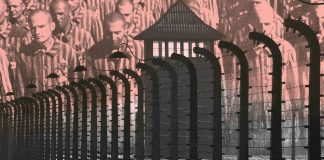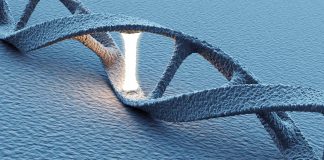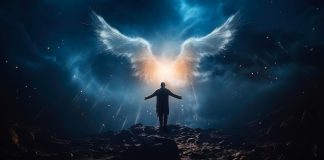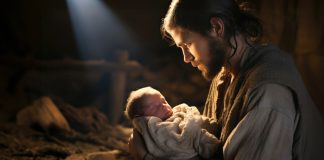Does God give signs?
In ancient Israel, the high priests wore a vest that had two stones on it called the Urim and Thummim. Whenever a question about God’s will was brought to the priest, he would ask God to give the answer. If the stone on the left glowed, it indicated divine approval. If the stone on the right glowed instead, it indicated God’s disapproval.
Science has proven that God doesn’t exist. True or false?
Marquis Pierre-Simon Laplace (1749-1827), a mathematician and astronomer and one of history’s most influential scientists, once had a meeting with Napoleon Bonaparte. Laplace came to offer the first consul of the republic a copy of his book, “Traité de mécanique celeste” (Treatise on Celestial Mechanics)—an analysis of the solar system that expanded on Isaac Newton’s conclusions.
“Mere Christianity” | Book review
"In the Trinity Term of 1929, I gave in, and admitted that God was God, and knelt and prayed: perhaps, that night, the most dejected and reluctant convert in all England," testified C.S. Lewis in his book, Surprised by Joy: The Shape of My Early Life. Today’s article, however, is about another book from the same author, Mere Christianity.
Forgiveness for the Nazi criminals
Most of our beliefs are easy to keep, as long as nothing puts them to the test. Like many others, Henry Gerecke discovered to what extent he truly believed in what he had preached for years when faced with a difficult choice.
Chernobyl: The cost of lies
On April 26th 1986, reactor 4 at Chernobyl nuclear power plant in Ukraine exploded. The effects were catastrophic—it was the worst nuclear disaster in history. The explosion let out the equivalent of 500 Hiroshima bombs-worth of radiation, and the area around Chernobyl—including the town of Pripyat—is now uninhabited. It will be unsafe to live there for the next 20,000 years.
Louis Braille | The blind man who opened their eyes
Louis Braille said: "God was pleased to hold before my eyes the dazzling splendours of eternal hope. After that, doesn't it seem that nothing could keep me bound to the earth?"
Non-functional DNA: the playground of evolution?
It is commonly assumed that at least 96% of the genome of a multicellular organism has no functional role. A junk-dominated genome is the ideal place for evolution to randomly explore new functions and characteristics of the species. After all, who would ever think that a wise and all-knowing Creator would use 96% informational junk to define a human being or a mollusc?
They took up the cross and killed
The first eight days of the Council of Clermont were difficult. Although the participants were apparently discussing the reform of the clergy, or the excommunication of King Philip for adultery, the real focus of attention was the announced speech of "general interest" by Pope Urban II. Little did the prelates and important Frankish nobles present know that they were about to witness one...
Augustine, the man of the millennium
His philosophy and theology dominated human thought for over a thousand years. Until Thomas Aquinas emerged in the 13th century, Augustine was undoubtedly the most important thinker of the medieval period.
Sexual abstinence: absurd, an option, or a necessity?
It was 1984 when hospitals in southern China were besieged by young people in a state of extreme agitation. Thousands of people, of both sexes, were suffering from panic attacks accompanied by fear of death because of the overwhelming belief that their sexual organs were retracting and disappearing, or that their nipples were retracting into their breasts.
The courage of freedom
“It was as if I were living in a fairy tale. And the most wonderful part was that I knew—hard as it may be to believe—that the story was true. None of the hardships of imprisonment touched me. The fear of the unknown no longer unsettled me, nor did the fact that, three days after my arrest, no one had yet called me...
“More than a carpenter” | Book review
Josh McDowell, founder of the trans-denominational Christian organisation Campus Crusade for Christ and author of More Than a Carpenter, is known to the public after a decades-long career and having had several volumes published in the field of apologetics.
Becoming the father of the Son of God
In the history of salvation, few people have received a more unsettling calling than Joseph of Nazareth. After overcoming his initial hesitation, he made a series of decisions born of obedience. He remains a model of mature faith and authentic manhood.
The most misunderstood of loves
To understand the love of God, we are encouraged to look at the Cross. The unnatural position of the Son, nailed to a non-existent guilt, raises a storm of questions in the other children of God. The most disturbing of them, I think, would be: What kind of love is this?


























